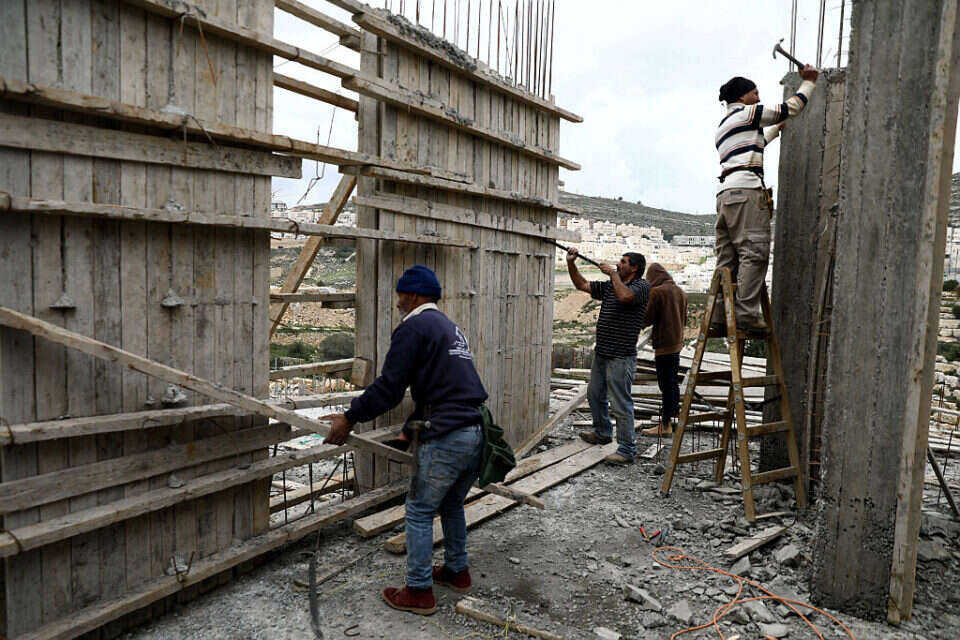Following the murderous attack last week in Bnei Brak, several heads of Jewish authorities from the central region decided to close the construction sites in their area.
The grief and anger of the residents - justified as it may be - and their understandable fear of further attacks, can not dictate such measures, which smell of vengeful odor, especially when the Israel Police and the GSS do not warn about it.
After all, apart from belonging to the same nation, what is the connection between the construction workers and the perpetrators?
And does the crime of one justify a collective punishment on the other?
This decision damaged the developers, most of whom were Jews, and the building contractors, many of whom were Arabs.
In particular, it prevented the livelihoods of workers, Arab citizens of Israel, and Palestinian residents of the PA, who earn a living from a daily salary, rather than a monthly one.
Yes, those who leave their homes in the wee hours of the night, and sometimes drive an hour or two to the construction site where they will earn their warmth.
Admittedly: the manual workers, and especially the workers in the construction industry, are transparent people.
The first to be harmed by any arbitrary decision, by any security incident, by any small change in policy.
They are exposed to the greatest risks, working in difficult conditions all year round, with almost no social conditions, too often without the protection of a workers' organization, exposed to the danger of dismissal from moment to moment.
The State of Israel employs more than 120,000 construction workers from the Palestinian Authority, as well as another 20,000 from the Gaza Strip, the vast majority of whom are required to pay manpower contractors a fixed monthly payment of NIS 2,500 for arranging work permits and entry into Israel.
From their meager salary, therefore, an amount is left that leaves them completely enslaved to employers and manpower contractors.
True, even under these conditions, working in Israel is preferable to working in the Palestinian Authority.
But still, it is a matter of weakness and exploitation built into the system - and all the officials in the State of Israel are aware of this.
In other words, there is no one who will provide minimal protection for the security and welfare of the manual workers, especially the Palestinians, those who have been building Israel for decades.
Long live the irony.
With all the understanding of the sensitivity arising from the escalation in recent weeks, the urgency of a reform that will regulate the conditions and livelihoods of dignified construction workers, including the Palestinians, is all the more apparent.
This is a value and moral correction, but it also makes economic sense.
Every Palestinian worker who earns a living from working in Israel not only contributes his share in reducing tensions and conflicts, but also provides for his family with dignity and purchases many products from the Israeli and Palestinian economies, most of which are common or affect each other.
Even if it is sometimes difficult to admit this, Palestinian workers are preferable to foreigners, whose salaries leave Israel - and do not return to its economy.
Were we wrong?
Fixed!
If you found an error in the article, we'll be happy for you to share it with us

